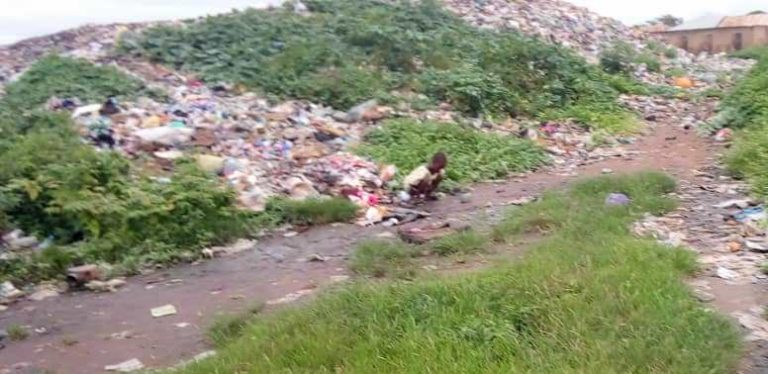Dons of Ebonyi State University (EBSU), Abakaliki, have advised residents of the state against open defecation and encouraged them to improve environmental hygiene to check parasitic diseases.
They gave the advice on Thursday at the 28th Inaugural Lecture of the institution with the theme “Parasites and Human Health: Understanding the Enigma.”
The Vice-Chancellor of the institution, Prof. Chigozie Ogbu, who described the inaugural lecture as a “remarkable section in academic journey,” urged the academic staff to embrace hard work toward delivering the lecture.
Parasitic diseases are caused by parasites and can be transmitted to humans through contaminated food, water, soil or insect bites.
Some common parasitic diseases include Malaria, Trichomoniasis, Giardiasis, Cryptosporidiosis and Toxoplasmosis.
Parasites are organisms which derive sustenance from their host, causing them harm.
Another don, Prof. Oliver Odikamnoro, while delivering his lecture, also called for an end to open defecation not only in Ebonyi but Nigeria at large.
Odikamnoro, who specialised in Public Health Parasitology, noted that open defecation contributes to the spread of parasitic worms (helminths), as human feaces can contain eggs or larvae of parasites.
The don decried the way residents practice open defecation, explaining that more than 78 per cent of Ebonyi people practice such act.
“This act dramatically increases the risk of parasitic infections due to direct exposure to faecal matter.
“Poor sanitation contributes to a wide range of health problems, including the transmission of parasitic diseases, which thrive in environments where human waste is improperly managed.”
The don called for urgent need to improve human access to clean drinking water to reduce the risk of other waterborne parasitic diseases.
“Such diseases include giardiasis and cryptosporidiosis which are caused by protozoan parasites that thrive in contaminated water.
“These can lead to chronic diarrhoea, malnutrition and long-term health complications.
“Hookworm infections are particularly prevalent in the areas where open defecation is widespread, as the larvae of hookworm thrives in contaminated soil.
“Individuals who walk barefoot in such environments are at risk of infections as the the worm larvae penetrates the skin and migrate to the intestines, where they cause anemia and other health problems.
“People should know that they are responsible for what is affecting them in their environment. We must support health education and, improve on environmental hygiene, especially in the food, water that we consume.”
Odikamnoro urged the three tiers of government to provide toilet facilities in public places, especially in the market, parks and schools.
NAN


